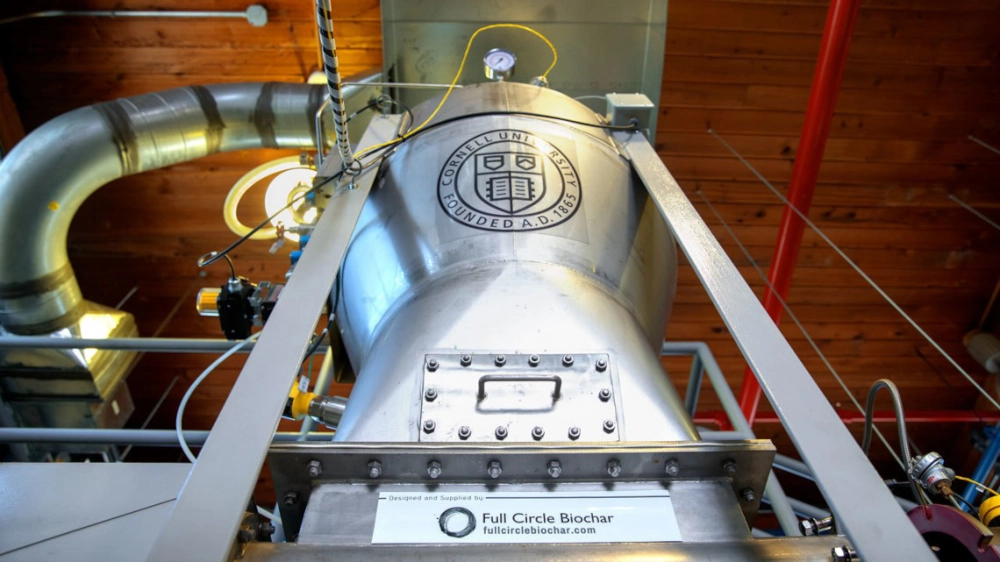As sustainability continues to go mainstream, industries are shifting priorities to focus on climate challenges and social impact in their strategic development plans. That’s a real opportunity for industrial hemp.
Hemp has outsize potential to replace polluting raw materials in a number of industries – from textiles to building materials to high-tech applications.
More importantly – and firstly – as governments increase funding to help industry reduce environmental impacts and create more sustainable economies long-term, serious money is coming into play in greenhouse gas reduction.
$3 trillion
The European Union (EU) envisions public and private funding of €1 trillion ($1 trillion) through the European Green Deal between now and 2030 to support a reduction in greenhouse gas emissions by 55% on the way to a climate-neutral economy by 2050.
In the U.S., the Biden administration has proposed $2 trillion in investments to address climate challenges, with a goal of reducing emissions by 50-52% from 2005 levels by 2030. The U.S. Department of Energy, the Environmental Protection Agency, and the Department of Agriculture are all to receive climate-related funding.
As major industries fall under stricter and stricter limits for the total amount of CO2 they may pump into the air, large polluters can purchase carbon credits to offset their emissions as they evolve into more sustainable operations. Growing hemp is an efficient way to produce those credits, and can be the “output” that brings the first real income to hemp farmers.
Public, private
The cash value of carbon credits is projected to grow significantly. According to a report by the World Bank, global carbon pricing revenue in 2021 increased by almost 60% from 2020 levels, to around $84 billion, and the global market for carbon credits could be worth $100 billion by 2030, driven by the increasing number of countries that have implemented carbon pricing schemes and trading platforms. With the supply of carbon offset credits expected to be limited, prices could reach as high as $224 per ton of CO2 by 2030, according to Statista.
Meanwhile, in an age of Corporate Social Responsibility (CSR) and Environmental, Social and Governance (ESG), private investors are increasingly looking for industries that are both profitable and sustainable.
Total ESG investing reached $2.5 trillion in 2022, and ESG funds perform on a par with traditional investment vehicles, according to Bloomberg Intelligence. Similarly, CSR is now an essential part of doing business, with global spending on such initiatives at around $16 trillion and projected to reach $24 trillion by 2025, the World Economic Forum has estimated.

